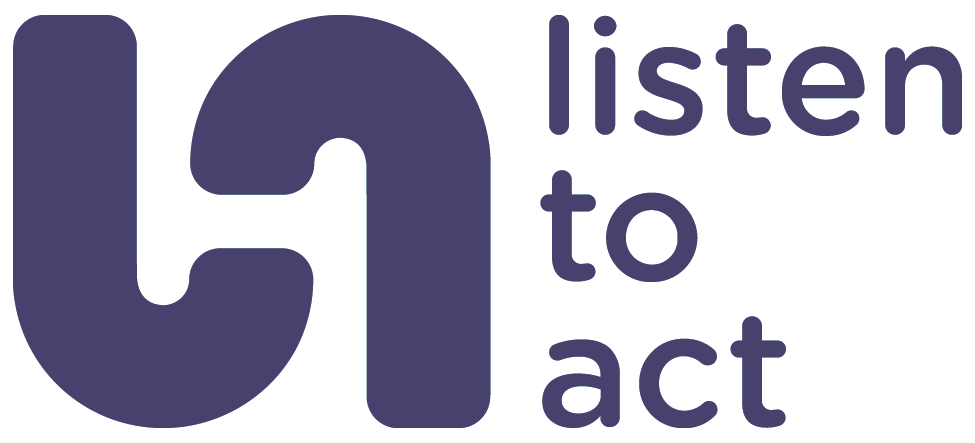Creative Workshops for Young People with Chronic Conditions Summary
In August 2024, Listen to Act partnered with Imperial Health Charity’s Arts Team to run three creative workshops for young people with chronic conditions. It came out of two recent engagements: a project led by Listen to Act in collaboration with the Paediatric Diabetes at St Mary’s Hospital and a series of consultations with patients of the Young Adult Kidney Clinic at Hammersmith Hospital, facilitated by Imperial Health Charity’s Arts team.
The creative workshops were held for young people between the ages of 14 and 25 years. The first two workshops were held at Kindred Studios in Shepherd’s Bush, while the final workshop was held at The Rhythm Studios in Hammersmith. The main aim of this project was to build a peer support network and trust amongst the young people through our distinct, trauma-informed engagement model and a variety of exciting creative pursuits.
Our approach in the workshops took direction from the 11-25 hub. The first workshop had the theme ‘Discovering Identity’ - this included discussions and icebreakers to help create a connection among the young people. The second half of the workshop had photography exercises led by Eva Jones - this allowed the young people to create their own ideas and an atmosphere where they could feel comfortable.
The second workshop had the theme ‘Communication’. Our approach enabled discussions on what good communication meant to young people with different people in their lives. After the discussions, a graffiti art workshop was held, facilitated by Jon Rees. In this session, the young people experimented with free-hand painting as well as different stencils. This led to one of the young people finding a new hobby in graffiti art.
The third and final workshop had the theme ‘Exploring art as a tool for change’. This led the young people to give their unique perspective on what they thought about the topic. This transitioned into a music production workshop where they were able to create their own tracks using ‘Logic’. Through these workshops, the project was able to engage young people in discussions that built trust, rapport, and connections amongst their peers through creative activities and offered them the opportunity to explore new skills and interests.
In conclusion, these workshops were able to help promote peer connections as well as encourage creativity amongst young people living with chronic conditions. For a more detailed understanding of the workshops, their outcomes, and the potential for future engagement, we invite you to read our full report.

